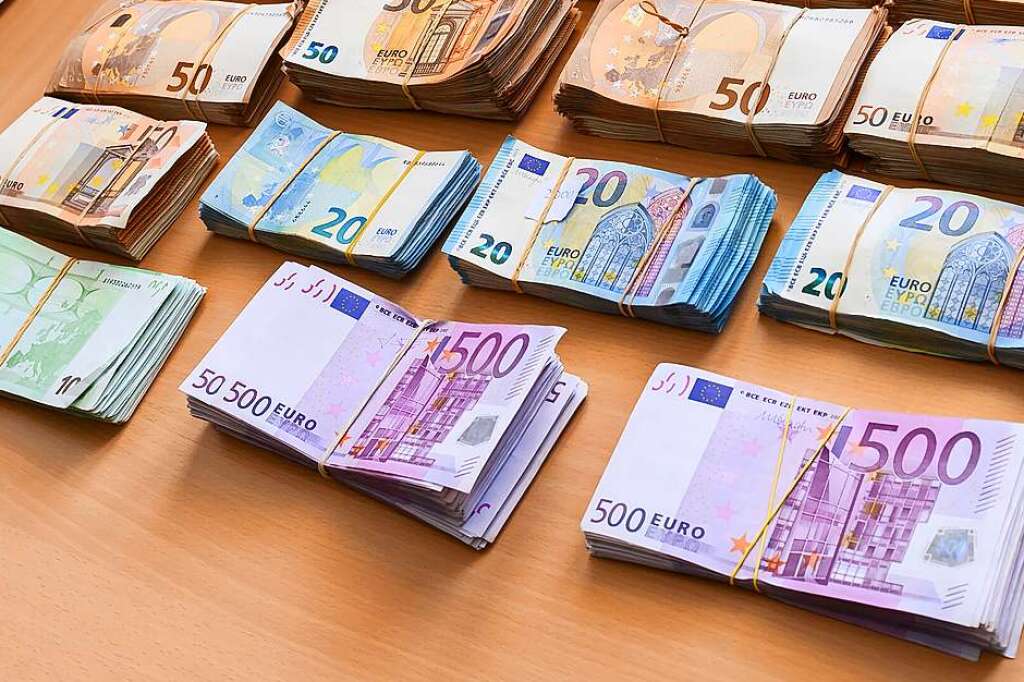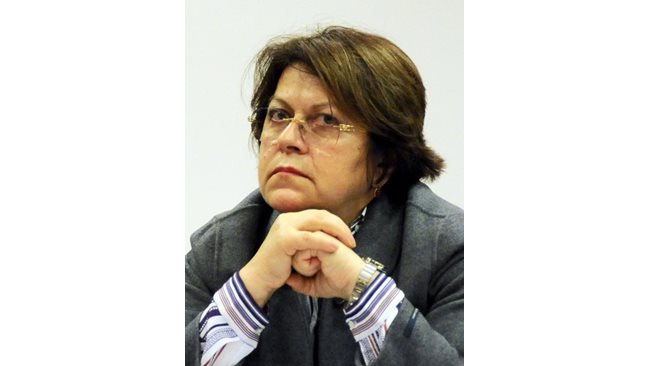New government anti-money laundering rules make cash handling more difficult. If you want to deposit more than 10,000 euros, you have to submit meaningful receipts by Monday.
From Monday, August 9th, the Federal Financial Supervisory Authority (Bafin) expects bank customers to submit a certificate of origin for cash deposits of more than EUR 10,000. The banks in South Baden also have to implement the new regulations, but do not expect that there will be any greater friction with customers. Such large cash deposits from private hands are rare.
Anyone who wants to deposit more than 10,000 euros in cash into a bank account in one fell swoop has to explain in the future where the sum comes from. This follows from the interpretation and application instructions for the Money Laundering Act for credit institutions. “A suitable receipt can be, for example, a current account statement for a customer account at another bank, from which the cash payment is made,” says Martin Lorenz, spokesman for Volksbank Freiburg.
Cash payment receipts from another bank, a savings book showing the cash payment, sales and invoice receipts, for example for a car or gold sale, receipts for specialty stores that have been made in advance, i.e. stores with foreign cash, are also accepted. Testamentary dispositions issued by the probate court as well as donation contracts or donation notices are also recognized.
“Particularly in the context of cash transactions within an existing business relationship, it is up to us as a bank to assess which other documents are accepted as proof of origin,” continues Lorenz. The type of business relationship and special circumstances of the individual case (e.g. evidence of death, wedding, birthday) could also be taken into account.
“Private customers are fundamentally affected,” explains Manfred Mayer, press spokesman for Sparkasse Freiburg-Nrdlicher Breisgau. For commercial customers for whom cash deposits of this size are part of the business model, such as retailers, a proof of origin can be dispensed with according to the requirements of the Bafin. “We will handle it that way,” says Mayer. And: “We also have cash deposit machines,” says Mayer. In the future, if necessary, a proof of origin will be requested.
Without a certificate of origin, customers are left with their cash – or worse threatens. “In the case of occasional customers or transactions from existing customers outside of accounts, the transactions must be rejected without proof of origin in accordance with the requirements of the Bafin,” says Lutz Pankrath from Sparkasse Lrrach-Rheinfelden. “Depending on the situation, we also have to inform the authorities,” says Volksbank spokesman Lorenz.
In practice, however, such large private cash deposits are rare, all banks surveyed said. “Since cash transactions rarely occur in our day-to-day business, we are assuming very few reactions,” says Birgit Stehle from PSD-Bank Rhein-Neckar-Saar. In the run-up, however, there was also resistance from the industry. The Federal Association of Volksbanks and Raiffeisenbanks had criticized the new rule: cash is stigmatized. It is also questionable whether money laundering can be effectively combated in this way.
–


